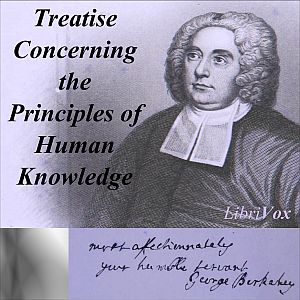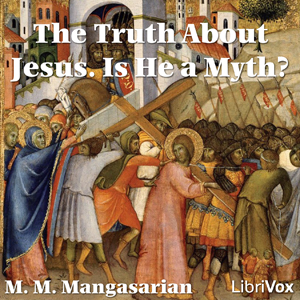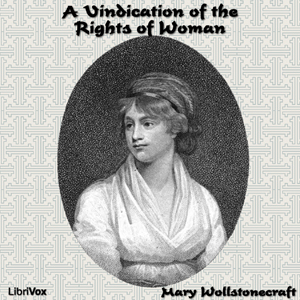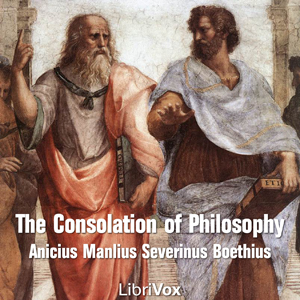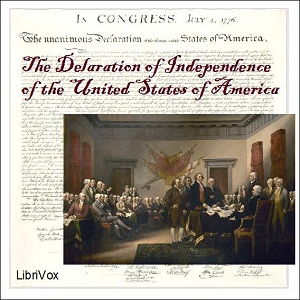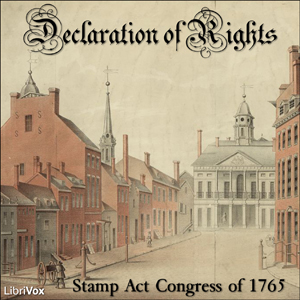- Front Matter/Preface
- Introduction
- Sections 1 to 14
- Sections 15 to 29
- Sections 30 to 44
- Sections 45 to 59
- Sections 60 to 70
- Sections 71 to 84
- Sections 85 to 99
- Sections 100 to 114
- Sections 115 to 129
- Sections 130 to 144
- Sections 145 to 156
A Treatise Concerning the Principles of Human Knowledge (Commonly called "Treatise" when referring to Berkeley's works) is a 1710 work by the Irish Empiricist philosopher George Berkeley. This book largely seeks to refute the claims made by his contemporary John Locke about the nature of human perception. Whilst, like all the Empiricist philosophers, both Locke and Berkeley agreed that there was an outside world, and it was this world which caused the ideas one has within one's mind, Berkeley sought to prove that the outside world was also composed solely of ideas. Berkeley did this by suggesting that "Ideas can only resemble Ideas" - the mental ideas that we possessed could only resemble other ideas (not physical objects) and thus the external world consisted not of physical form, but rather of ideas. This world was given logic and regularity by some other force, which Berkeley concluded was God.
Part 2 of the Treatise was never written. (Wikipedia)
Part 2 of the Treatise was never written. (Wikipedia)
There are no reviews for this eBook.
There are no comments for this eBook.
You must log in to post a comment.
Log in

